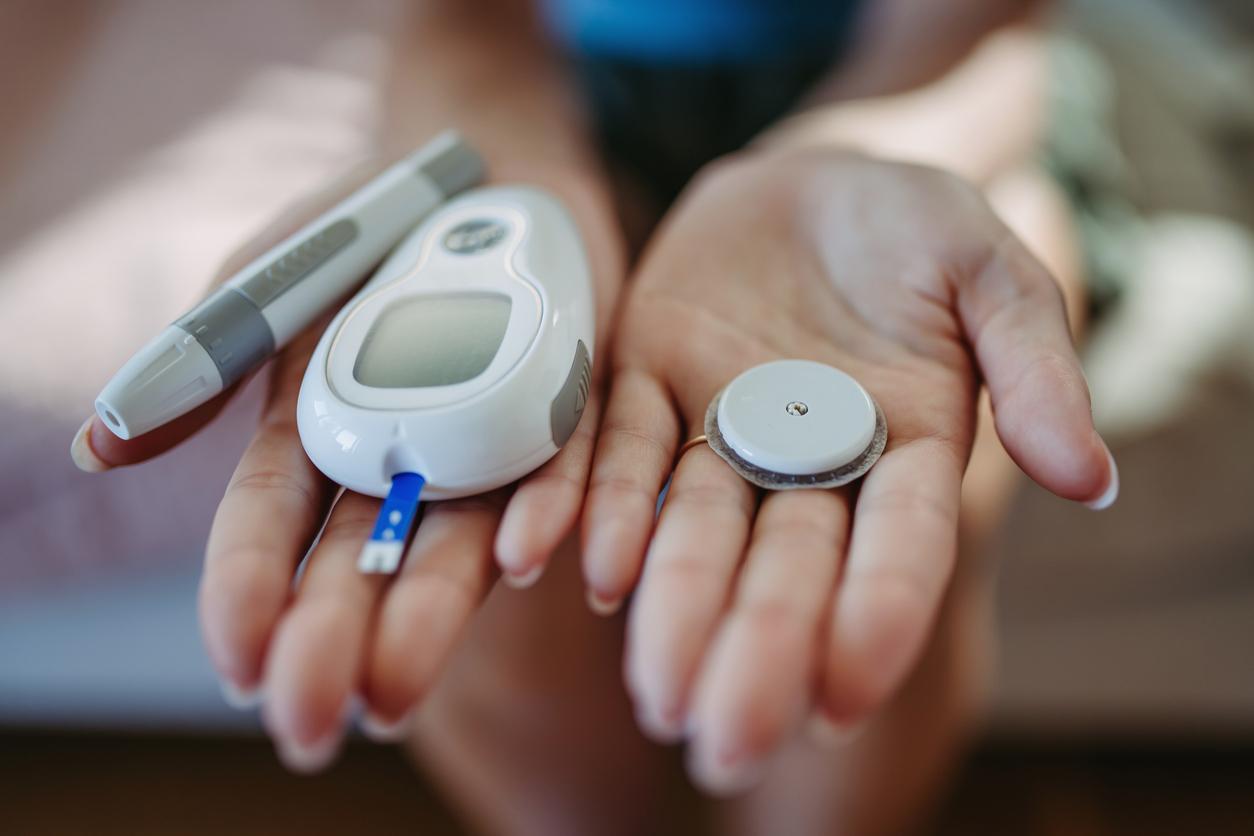Each year more than 80,000 hysterectomies are performed in France. This operation, which consists of the permanent removal of the uterus, may be recommended for women with certain gynecological pathologies, particularly in the case of uterine fibroids, endometriosis, prolapse or cancer (or precancerous conditions) of the uterus. uterus or ovaries or in case of too heavy periods.
Depending on the problem to be treated and the age of the patient, different types of hysterectomies can be performed and may involve the removal of the cervix, ovaries and fallopian tubes. However, this operation is not without risks. Previous studies had already shown that hysterectomy was associated with an increased risk of high blood pressure or stroke, especially when accompanied by removal of the ovaries.
And according to French researchers, whose work was presented at the European Association for the Study of Diabetes in Stockholm, women undergoing this procedure – and particularly those under 45 – could see their risk of type 2 diabetes rise. increase.
The study involved 83,582 women with an average age of 51 and without diabetes before the research, who completed questionnaires about their lifestyle, including physical activity, eating habits, BMI or their tobacco use again. During the 16-year follow-up, 17,141 women underwent a hysterectomy and 2,672 developed type 2 diabetes. Compared to women who did not have a hysterectomy, those who had the operation were 27% more likely to develop the pathology than women who did not. It should be noted that the quality of diet and the level of physical activity did not affect the relationship between hysterectomy and the risk of diabetes.
52% higher risk in women under 45
One increased risk in women under 45. “Results from this large French cohort suggest that women who undergo a hysterectomy before the age of 45 have a 52% increased risk of developing incident type 2 diabetes.”said Professor Fabrice Bonnet of the University Hospital of Rennes and the Center for Research in Epidemiology and Population Health, and lead author of the study.
“Importantly, this risk of diabetes is higher when both ovaries are removed, but this risk persists even when both ovaries are retained.” indicates the study. A risk nevertheless reduced by 13% against 26% after a hysterectomy and an oophorectomy.
An increase which is explained by a higher rate of depression in operated women. “It is well known that depression is associated with the risk of diabetes. And our data suggest that increased depressive traits may play a role in the association between hysterectomy and increased risk of diabetes.“, concludes Professor Bonnet. The youngest women would in fact have a worse experience of this ablation, putting a definitive end to any pregnancy project, hence a higher incidence among those under 45 who were operated on, who were not (for most) not yet menopausal.
Source :
- Study finds increased risk of type 2 diabetes after hysterectomy especially in younger women, DiabetologySeptember 21, 2022


















